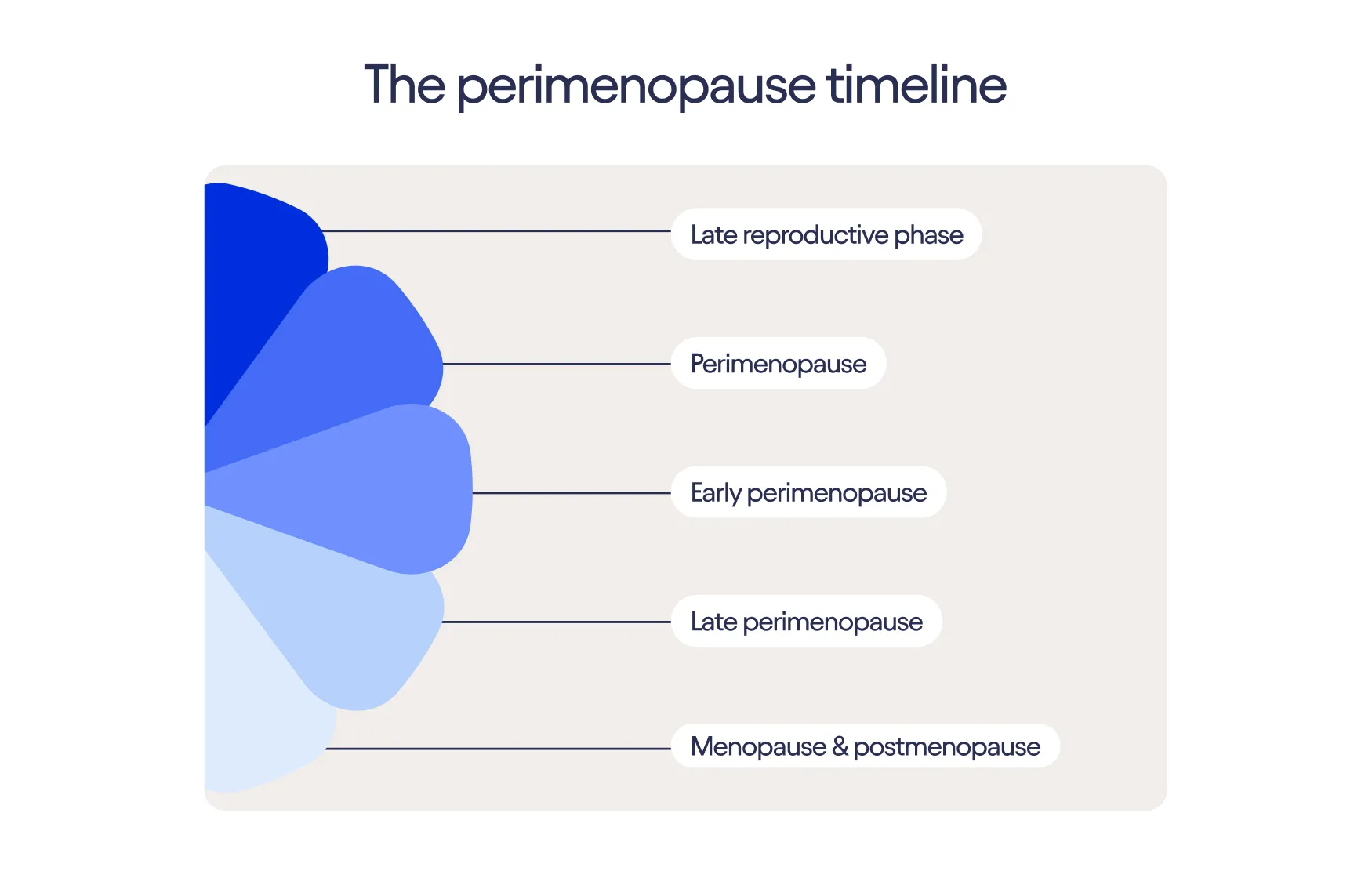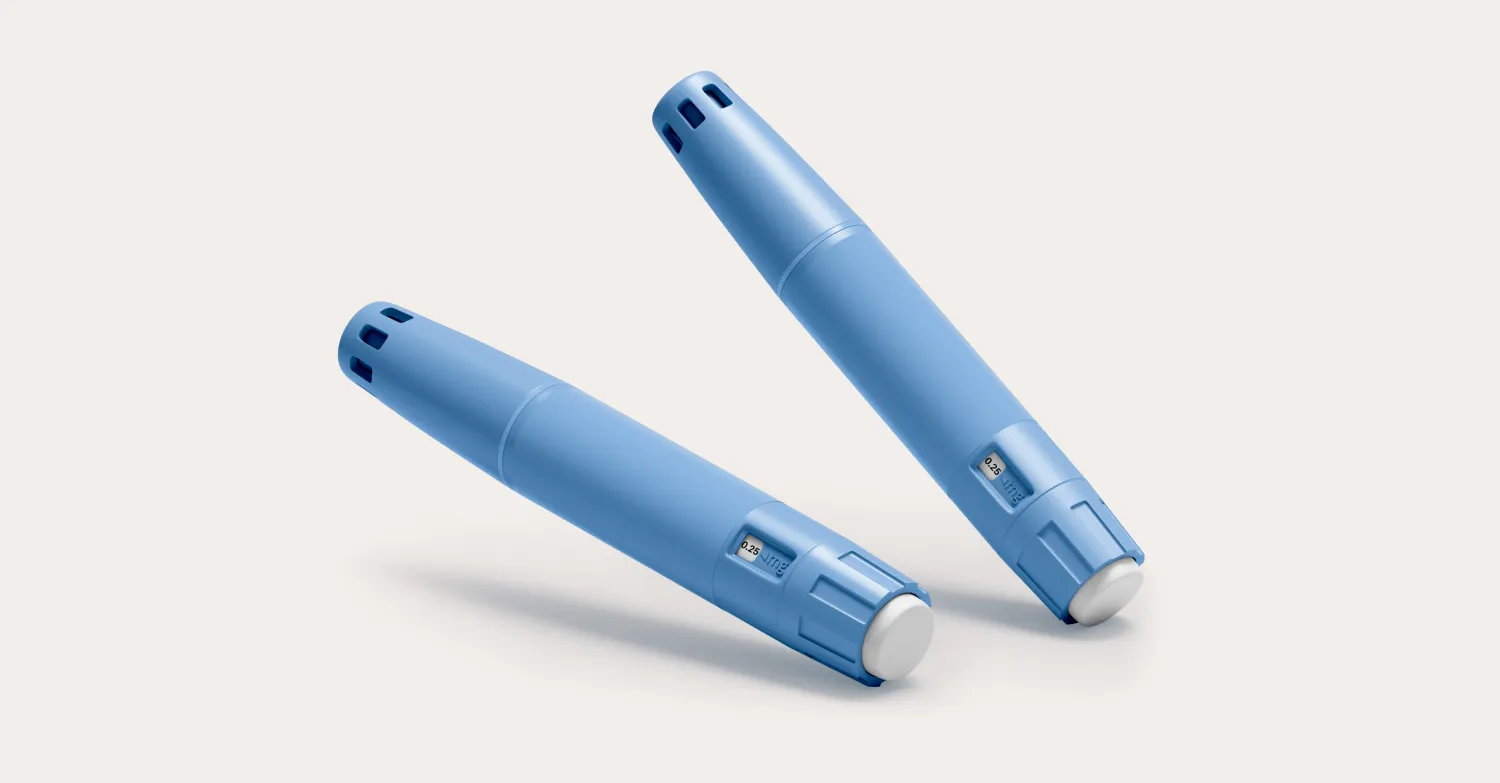Learn
Resource center
Thank you! Your submission has been received!
Oops! Something went wrong while submitting the form.
.webp)
No items found.
Finding the right menopause care for you: Evernow Membership vs. Pay-per-visit
Finding the right menopause care for you: Evernow Membership vs. Pay-per-visit
Compare Evernow's membership and pay-per-visit options to choose the right menopause care path. Learn more and get care at Evernow.




.webp)
.webp)



.webp)

